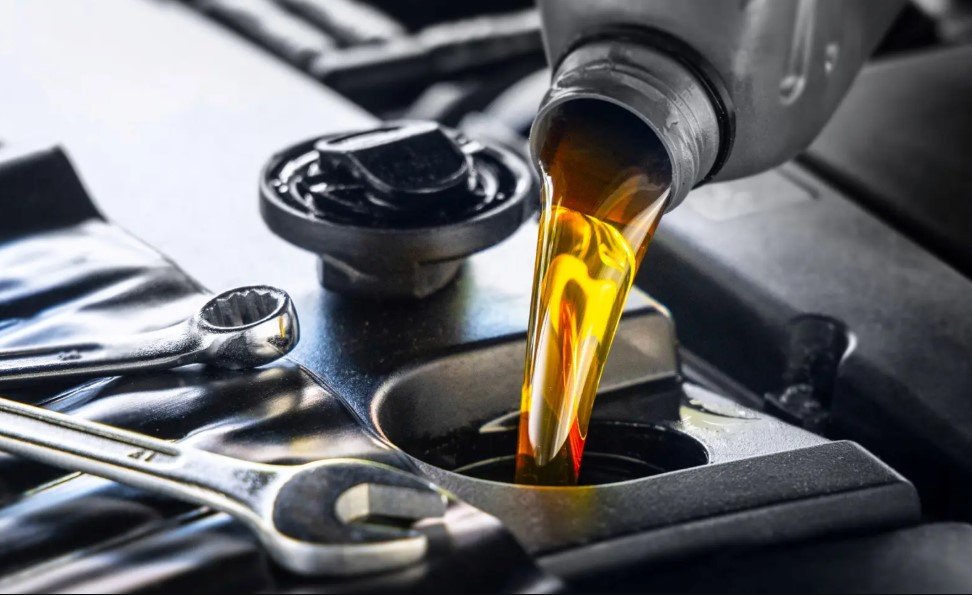The importance of purchasing good travel insurance for New Zealand
Travel insurance helps you with problems or unforeseen events that may arise, but also before leaving.
You never know what could happen like some health problem or some cause that prevents us from making the trip.
We rely on Certified travel insurance in all the trips we make, be it long-term or a weekend getaway. Here is the link in case you want to make a reservation for your next trip:
1. New Zealand time difference and jet lag:
It must be said that we suffer one of the worst jet lag of all that we have had. New Zealand is 12 hours apart from UK, so the schedule is completely opposite to usual and the first days are very difficult.
Try not to sleep between hours to get used to the country’s time as soon as possible, hydrate very well, sleep the corresponding hours to be rested, do not drive excessively the first days and do not perform large activities at the beginning of the trip so that the body habituate.
2. New Zealand and its love of trekking:
New Zealand is synonymous with hiking and trekking. It is one of the best destinations in the world if you are a mountain lover. It has thousands of kilometers of trails, but the most impressive and outstanding are the trails that go through the most incredible places in the country.
You will see that the trails are very safe and well marked. You can find native forests of Kauris (an endemic species of NZ very similar to the sequoia) or of Ponga (the fern that represents the typical leaf of NZ that you will see in many souvenir shops).
In addition, you can enjoy routes that will take you to beautiful turquoise lakes, snowy mountains, tropical forests, hanging bridges, incredible beach coasts ……
We recommend that you prepare a good raincoat, hiking boots suitable for trekking and your eyes wide open to enjoy movie landscapes.
Some of the most famous trails that we were able to do in New Zealand are: Abel Tasman Coast Track, Tongario Alpine Crossing, Roy’s Peak, Mildford Track,… there are many, and each one better.
3. New Zealand Plug Type:
Electricity is supplied at 230/240 volts, 50 hertz and the type of plug used in New Zealand is the same as in Australia or Argentina, Type I.
We bought several adapters of this type on Amazon and put them in our backpacks, they are not very expensive.
A curiosity is that next to each plug there is a small switch that you must turn on for the current to pass.
4. Pay attention to solar radiation in New Zealand:
On New Zealand there is a hole in the ozone layer, did you know?
It is highly advisable to use very high protection on a daily basis. In fact, you can find alerts about radiation levels in the country.
I also recommend using a hat, cap or some type of bandana to cover the head and not spend a lot of hours in the sun.
5. Is New Zealand expensive? Pricing information:
New Zealand is one of the best considered countries to live in, as it has a high quality of life.
If we compare the country with southern Europe or Latin America, the cost of living is high.
It is not a cheap country, if we said otherwise it would not be true so I advise planning well how you want to travel the country so that the budget does not skyrocket.
There are many ways to save and make it less expensive while enjoying a great trip, I’ll tell you about it below.
It is true that the prices of accommodation and food are somewhat higher than in Europe in our opinion. Gasoline is cheap, but in our case, when we made the trip in a camper, it consumed us a lot every day and we had to continually refill.
In addition, if you plan to make the trip by camper, we recommend not letting the gas tank completely empty, since there are roads where you will not find gasoline for kilometers and you can get hung up. For Visa Related Inquiry you can consult here
Tips to save on your trip to New Zealand:
1) We used to buy in Pack ‘n Save supermarkets (which is a style of Lidl supermarkets) and we used the tickets that they gave us with discounts on gasoline. These supermarkets are great, high quality products and you can find them all over the country.
2) If you have the possibility, you can travel in a group of 3 or 4 people to reduce the cost.
3) Try to find offers on camper or car rental, it is always better to reserve it in advance.
4) By making the trip in a camper and cooking ourselves, we save a lot of money on food, although it is true that one day we went to a Mc Donald’s or restaurant.
5) Sleep in free and low-cost campsites or, if you go to a hotel, in the Guesthouse.
6) Use the popular websites to book activities
7) Book the ferry to change island in advance, as they have offers if you book in advance.
8) Use a wallet card, in our case, we have the VISA B next card to get the refund of the commissions of card payments.
9) If you want to sleep in the government or DOC campsites, there are bonuses of one, two or three weeks that pay very well. I leave the link here in case you want to take a look.
10) Travel insurance. As I was saying, this type of policy can help you save important amounts if you have to go to the doctor, cancel a reservation or in the event of incidents with the flight or your luggage. A trip to this country is expensive and healthcare in New Zealand is expensive. Given this, travel insurance is, more than an expense, an investment.
6. New Zealand currency:
New Zealand’s currency is the dollar (NZ $).
You can use all types of credit cards in the country, Visa and MasterCard are the most used.
There are no restrictions on the amount of cash that can be brought into or taken out of New Zealand.
However, anyone entering or removing more than NZ $ 10,000 in cash from New Zealand must complete a Cash Declaration.





